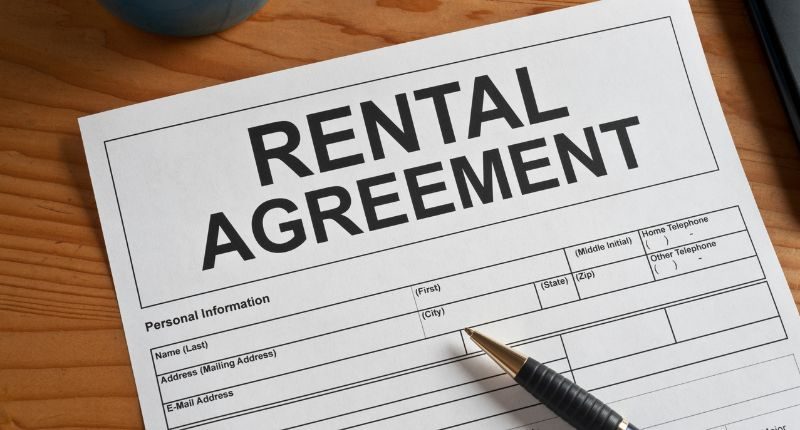- WA Government considering changes to Residential Tenancies Act that would see tenants given more power
- REIWA President Damian Collins warns changes could discourage investors, resulting in increased rental prices and fewer availability
- Synergies report finds 61% of investors would sell their rental if the changes are instated
The Real Estate Institute of Western Australia (REIWA) has warned that an overhaul of the state’s residential tenancy laws could put the market in jeopardy.
The caution comes as a survey conducted by Synergies Economic Consulting reveals that 61% of WA investors would sell their rental property if the suggested changes are made to tenancy laws.
Consumer Protection made several recommendations for changes to the Residential Tenancies Act after a six-month consultation period in 2020, which are now being considered by the State Government.
Reform to discourage investors
The proposed rental reforms include stricter laws for property owners attempting to terminate a tenancy, and a move to allow tenants to perform minor modifications and keep pets without seeking permission from the property owner.
The proposal has received praise from affordable housing advocacy group, Shelter WA. Michelle MacKenzie, Chief Executive Officer at Shelter WA, said the rental reform is a key step in making the rental experience safer and fairer for everyone.
REIWA President Damian Collins contends however, that both tenants and owners will be disadvantaged if the changes are approved.
Findings of the Synergies report indicated that acceptance of the proposal would result in WA tenants paying up to $105 million more in rent each year, and incur a further $142.5 million in property management costs annually.
“Although well intended, these proposals would make renting more difficult and expensive for tenants, while simultaneously stripping investors of their rights and pushing up property management fees.”
Damian Collins, REIWA President

He added that as rental listings dwindle with fewer than 2,500 properties available for rent in Perth, now is an inopportune time to introduce laws that will discourage investors.
The Synergies report noted that the short-term impacts could be even more dire, stalling investor activity in the market or prompting existing owners to sell up.
“Mum and dad investors with one or two properties account for more than 90% of all rental owners. Removing an owner’s right to their property – a property they are using to secure their future – will deter people from investing in WA and put extra pressure on the WA Government – and by extension taxpayers – to supply that housing,” said Mr Collins.
Low-income tenants disproportionately affected
The Synergies report revealed that owners and tenants of low-value properties are to be disproportionately impacted by the reform.
Low-income tenants already face barriers to the rental market such as increasing rents and issues securing housing, which are likely to be exacerbated by the changes.
The report estimates up to an additional $1.3 billion in government funding would be required solely to meet social housing needs that would result from reduced investor activity.
“WA’s residential tenancy laws are working well for the vast majority of the more than 222,000 rentals currently leased across the state, yet these proposals seek to alter the tenant-owner relationship for all,” Mr Collins said.
“We need to encourage investment in WA and focus on addressing the rental shortage.”
Damian Collins, REIWA President
“Introducing these proposed reforms will make a bad situation worse and adversely affect the most vulnerable members of our community.”
Mr Collins added that REIWA have briefed the State Government on the findings of the report and are pleased they are taking a “thoughtful approach” to the proposals.








